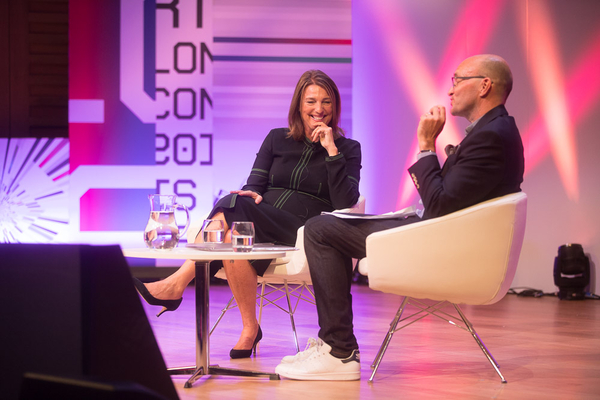Watch the full sessions from the RTS London Conference 2018
The rise in technology, diversity and online regulation were discussed by experts in television in front an audience of industry professionals.
BBC's Tony Hall, Ofcom's Sharon White and Secretary of State for DCMS The RT Hon Jeremy Wright MP delivered speeches at the conference, and ITV's Chief Executive Carolyn McCall spoke for the first time since her appointment during a conversation with Tim Hincks.
Watch the full sessions from the conference below. You can read more about this year's RTS London Conference in the October issue of Television magazine.

